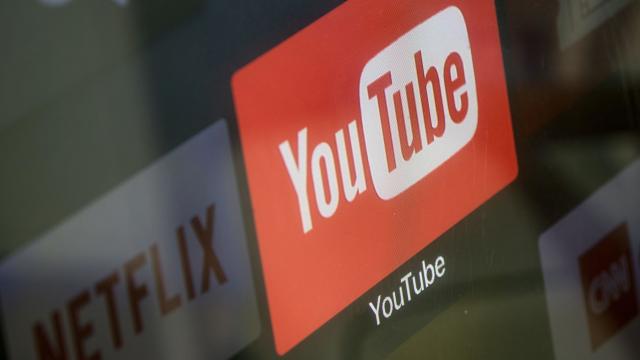Content creators have a lot of complaints about YouTube, but one you’ll hear most often is how the platform seems to give its high-profile accounts more leniency when it comes to content moderation. But there’s a simple explanation for this: That’s because it does, according to nearly a dozen YouTube moderators interviewed in a Washington Post report released this week.
These moderators, who spoke on the condition of anonymity, described a tumultuous workplace where superiors often overruled their attempts to flag inappropriate content when videos involved prominent YouTube stars.
You know, the ones you always see making headlines for all the wrong reasons, such as Logan Paul, Felix “PewDiePie” Kjellberg and Steven Crowder. Arguably the people at least partially responsible for bringing in YouTube’s nearly two billion viewers per month.
Videos that don’t abide by YouTube’s community guidelines can be deleted or have their advertising stripped, thus denying the creator potential ad revenue. This consequence also comes at a cost to YouTube itself, since the company misses out on its portion of these profits.
Essentially, the company has a financial incentive to protect profitable creators and videos regardless of content.
Unlike those at Facebook and Twitter, YouTube moderators can only report a video that breaks these guidelines; they don’t have the authority to delete it themselves. Moderators also said the criteria for flagging videos constantly fluctuated and often catered exclusively to concerns that could affect marketing to advertisers.
“Our responsibility was never to the creators or to the users — it was to the advertisers,” a former moderator told the Post.
Which might explain how a creator such as Paul, who currently has just shy of 20 million subscribers, can upload a video of himself tasing a rat and get off with a two-week suspension for ads on his content. Not even filming a dead body was enough to get him kicked off the platform.
YouTube has previously acknowledged that the platform has two sets of standards, one for its general community and one for creators whose videos benefit from advertising. But company executives claim the platform has higher standards for its monetised videos, the exact opposite of what these moderators described to the Post.
Gizmodo reached out to YouTube for comment and did not receive an immediate response.
Content creators have pushed for increased transparency concerning YouTube’s guidelines and demonetising practices for years. And this report’s findings only serve to fuel an argument they’ve been making for a very, very long time.
[h/t Washington Post]
